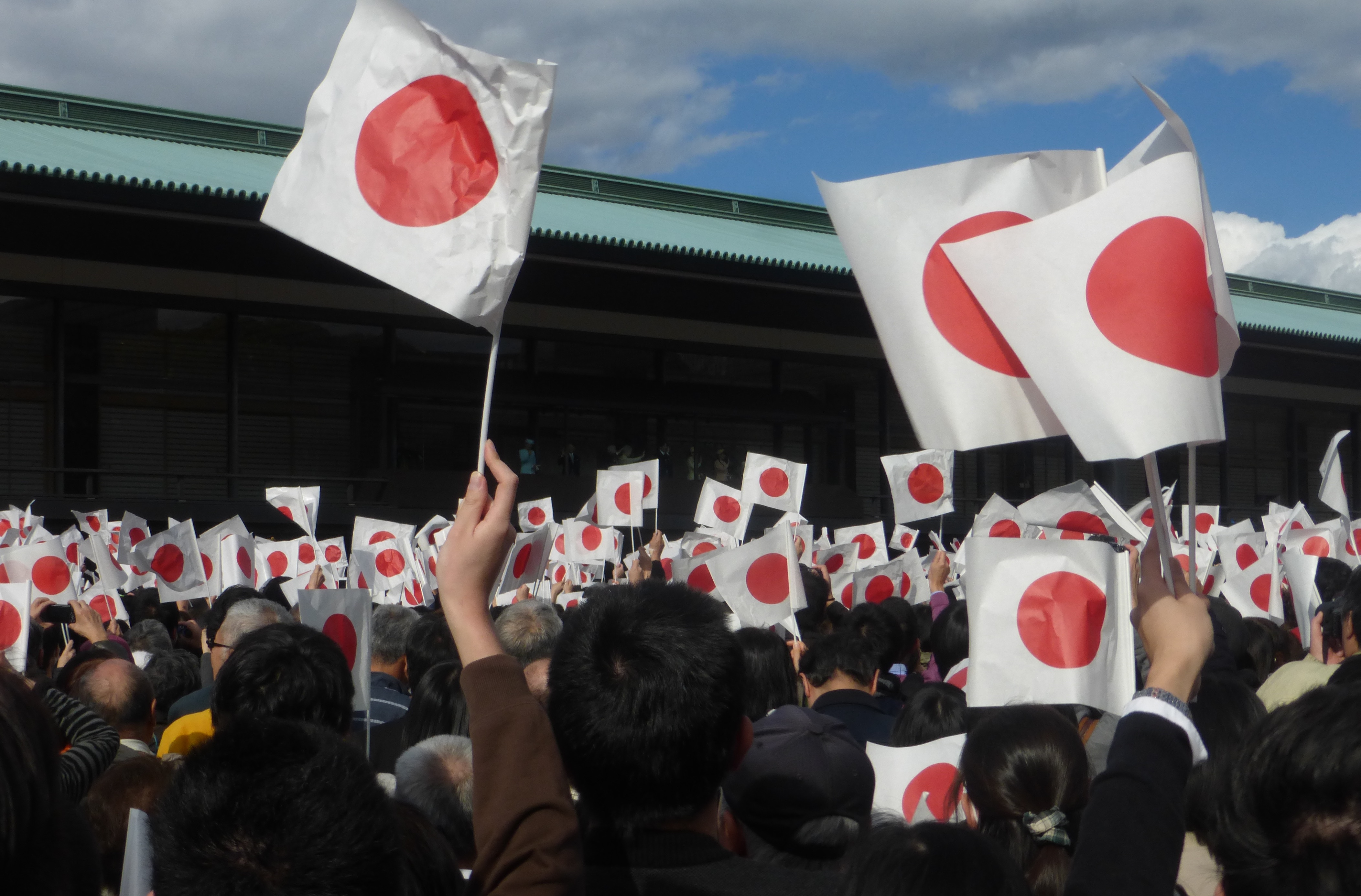Industrial production in January fell by 6.6% compared to December. This is the maximum drop since March 2011, when the country suffered from an earthquake, followed by a tsunami and a major accident at a nuclear power plant.
Analysts interviewed by Bloomberg on average predicted a decline of 4%.
The volume of production decreased in all sectors; production of cars and auto parts suffered most of all.
In annual terms, production increased by 2.7% instead of the expected growth of 5.3%.
According to forecasts in February, industrial production will grow by 9% compared to January, but in March there will be a decrease of 2.7%.
Meanwhile, retail sales in January fell by 1.8% compared to the previous month. Analysts had expected a decrease of only 0.6%.
In annual terms, sales in January rose by 1.6%. The forecast assumed an increase of 2.4%.
Sales in department stores and supermarkets increased by 0.5% in annual terms, instead of the expected growth of 0.4%.
Earlier it was reported that, against the background of a stable global demand, Japan's GDP in October-December rose for the eighth consecutive quarter. This was the longest period of economic growth since 1989. However, the growth rate sharply decreased short after.
Analysts predict that Japan's GDP growth will continue in the first quarter of this year. Nevertheless, data on production and sales, the recent jump of the country’s national currency and US trade protection measures remind that the Japanese economy is vulnerable to changing external demand.
If the more modest economic growth continues, especially against a strong yen, speculation about the normalization of the Bank of Japan's policy is likely to be weakened.
The resumed strengthening of the yen will not immediately affect GDP or corporate activity, but may weaken inflationary pressures, warns the chief economist at Sumitomo Mitsui Banking Corp. Junko Nishioka. "The fact that this can extend the soft policy period of the Bank of Japan is much more serious," notes Nishioka, a former representative of the Bank of Japan.
source: bloomberg.com
Analysts interviewed by Bloomberg on average predicted a decline of 4%.
The volume of production decreased in all sectors; production of cars and auto parts suffered most of all.
In annual terms, production increased by 2.7% instead of the expected growth of 5.3%.
According to forecasts in February, industrial production will grow by 9% compared to January, but in March there will be a decrease of 2.7%.
Meanwhile, retail sales in January fell by 1.8% compared to the previous month. Analysts had expected a decrease of only 0.6%.
In annual terms, sales in January rose by 1.6%. The forecast assumed an increase of 2.4%.
Sales in department stores and supermarkets increased by 0.5% in annual terms, instead of the expected growth of 0.4%.
Earlier it was reported that, against the background of a stable global demand, Japan's GDP in October-December rose for the eighth consecutive quarter. This was the longest period of economic growth since 1989. However, the growth rate sharply decreased short after.
Analysts predict that Japan's GDP growth will continue in the first quarter of this year. Nevertheless, data on production and sales, the recent jump of the country’s national currency and US trade protection measures remind that the Japanese economy is vulnerable to changing external demand.
If the more modest economic growth continues, especially against a strong yen, speculation about the normalization of the Bank of Japan's policy is likely to be weakened.
The resumed strengthening of the yen will not immediately affect GDP or corporate activity, but may weaken inflationary pressures, warns the chief economist at Sumitomo Mitsui Banking Corp. Junko Nishioka. "The fact that this can extend the soft policy period of the Bank of Japan is much more serious," notes Nishioka, a former representative of the Bank of Japan.
source: bloomberg.com





